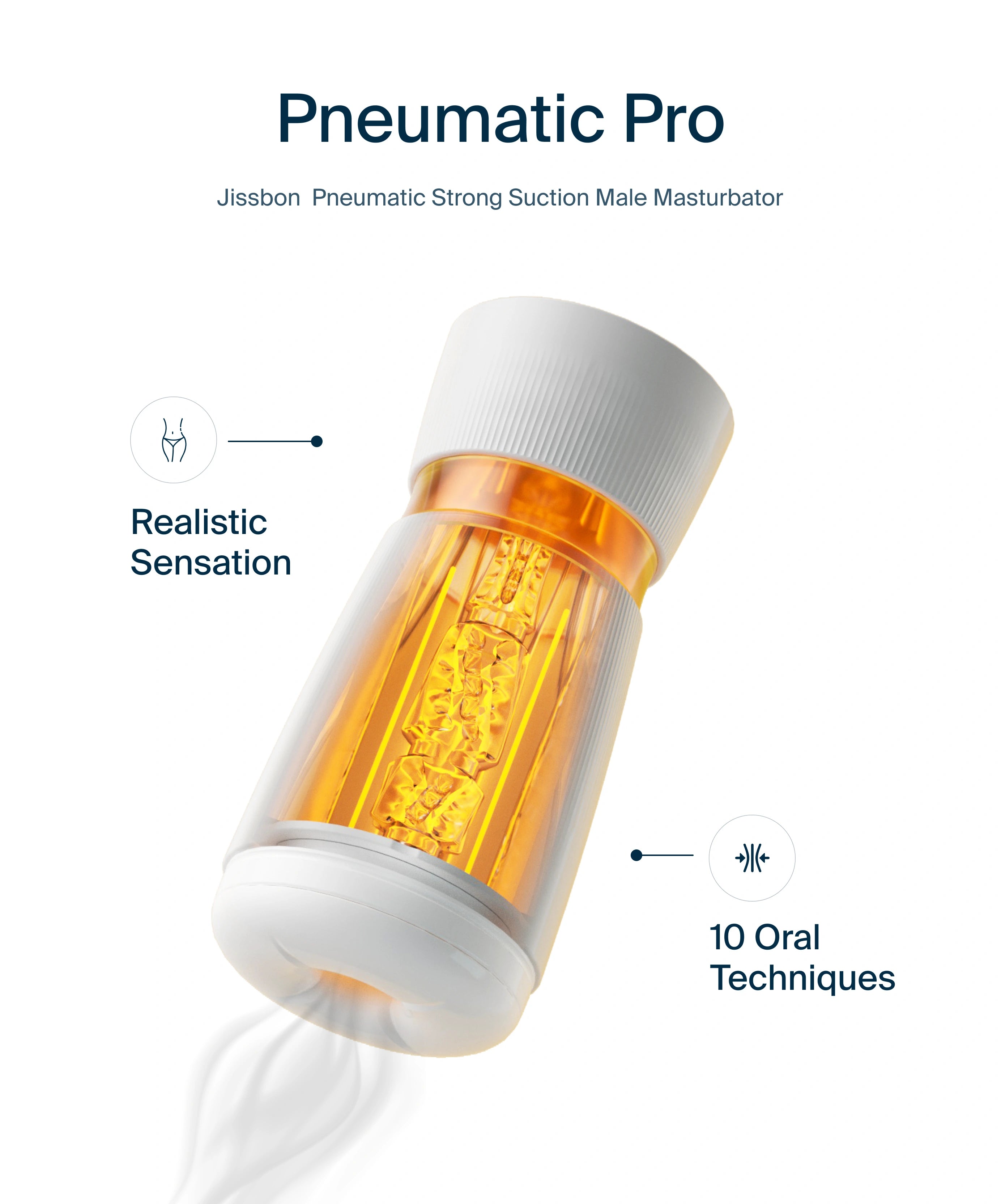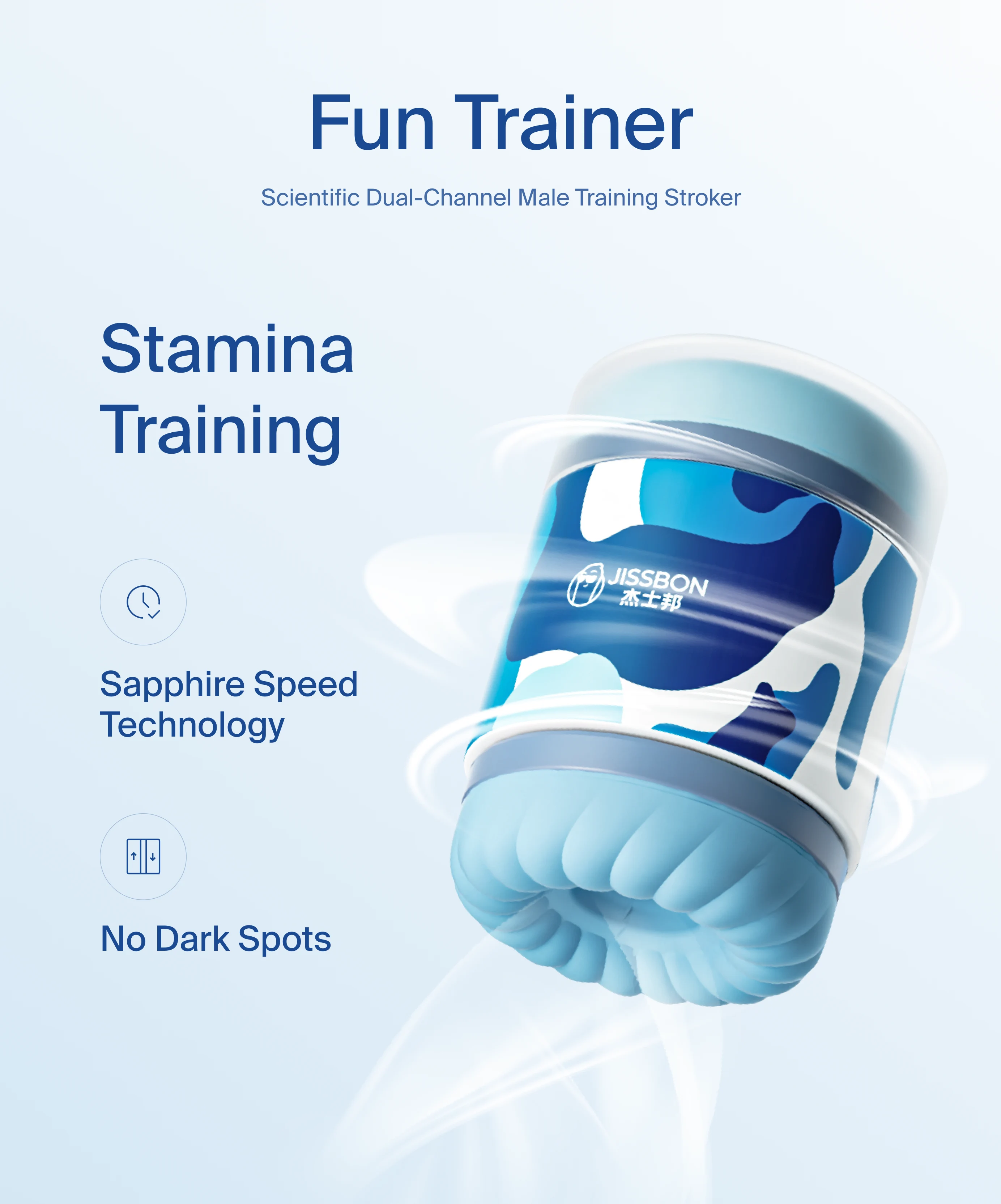
Why sex education should not be taught in schools? It’s a question that sparks fierce debate across dinner tables, school boards, and entire nations. In the U.S., where sexual health outcomes lag behind many developed countries, this topic remains a cultural lightning rod. Opponents argue it's inappropriate, morally questionable, or even dangerous claiming it encourages early sexual activity or conflicts with family values.
But are these fears based in fact, or are they myths rooted in discomfort and misinformation?
This article unpacks the real reasons behind resistance to
sex education in schools examining religious concerns, political influence, and parental fears. We’ll also look at global comparisons, public health data, and what happens when young people don’t receive accurate, age-appropriate information.
Our goal isn’t to shame any side, but to shine a light on what’s often missing from the conversation: evidence, empathy, and the lived experiences of students.
What Is School-Based Sex Education?
School-based sex education refers to structured programs taught within schools that aim to provide students with accurate, age-appropriate information about sexuality, relationships, and personal health. These programs vary widely in content, delivery style, and political backing, depending on the region, school board, and country.
-
Comprehensive sex education, which covers topics like anatomy, puberty, contraception, consent, STIs, sexual orientation, and pleasure in a medically accurate and inclusive way.
-
Abstinence-only education, which emphasizes refraining from sex until marriage and often excludes information about contraception or LGBTQ+ relationships.
According to the Guttmacher Institute, over 90% of U.S. parents support some form of sex education in schools but political and cultural divides often dictate what actually gets taught.
For many young people, school-based programs are their only formal source of sexual health education, making curriculum quality critical to long-term health and safety.

The Top Arguments Against Sex Education in Schools
Why sex education should not be taught in schools it’s a viewpoint held by a vocal portion of parents, educators, and religious organizations. While support for sex ed is strong in national surveys, opposition remains deeply rooted in cultural, moral, and ideological concerns.
-
Parental Rights: Many believe that sex education is a private matter and that schools should not override parental authority on when or how sexual topics are introduced.
-
Religious and Moral Values: Faith-based communities often oppose sex ed on the grounds that it conflicts with religious teachings about abstinence, modesty, or traditional family roles.
-
Fear of Encouraging Sexual Activity: A frequent claim is that discussing sex too early might "plant ideas" or promote promiscuity despite studies showing the opposite.
-
Distrust in Curriculum Content: Critics argue that some programs are overly graphic, ideologically biased, or age-inappropriate, especially regarding LGBTQ+ inclusion.
-
Lack of Transparency: Some parents feel excluded from curriculum planning or unaware of what is being taught, fueling distrust.
While these arguments are often rooted in genuine concern, they’re not always backed by public health data which we’ll explore in the next section.
The Top Arguments Against Sex Education in Schools
Why sex education should not be taught in schools it’s a viewpoint held by a vocal portion of parents, educators, and religious organizations. While support for sex ed is strong in national surveys, opposition remains deeply rooted in cultural, moral, and ideological concerns.
-
Parental Rights: Many believe that sex education is a private matter and that schools should not override parental authority on when or how sexual topics are introduced.
-
Religious and Moral Values: Faith-based communities often oppose sex ed on the grounds that it conflicts with religious teachings about abstinence, modesty, or traditional family roles.
-
Fear of Encouraging Sexual Activity: A frequent claim is that discussing sex too early might "plant ideas" or promote promiscuity despite studies showing the opposite.
-
Distrust in Curriculum Content: Critics argue that some programs are overly graphic, ideologically biased, or age-inappropriate, especially regarding LGBTQ+ inclusion.
-
Lack of Transparency: Some parents feel excluded from curriculum planning or unaware of what is being taught, fueling distrust.
While these arguments are often rooted in genuine concern, they’re not always backed by public health data which we’ll explore in the next section.
Debunking the Myths Around Sex Ed

American sex education is often misrepresented in public debate, where fear and misinformation tend to overshadow data and lived experience. Let’s break down some of the most persistent myths and what the research actually says.
Myth #1: "Sex ed encourages teens to have sex."
Reality: Studies from the CDC and the Guttmacher Institute show that comprehensive sex education delays sexual activity and reduces risk-taking behaviors like unprotected sex. Teens who understand their bodies are more likely to make informed, respectful choices.
Myth #2: "Kids are too young to learn about sex."
Reality: Age-appropriate programs don’t jump into explicit content. Instead, they begin with lessons on consent, boundaries, and body safety long before anything about intercourse is introduced.
Myth #3: "Abstinence-only programs are more effective."
Reality: Multiple peer-reviewed studies have shown that abstinence-only education does not reduce teen pregnancy or STI rates. In fact, it often leaves students unprepared for real-life experiences.
The Consequences of Avoiding Sex Education

When schools skip or restrict sex ed, the consequences are not just academic they're personal, public, and deeply impactful. The keyword here isn’t just “in school sex” it’s what happens when there’s none at all.
Higher Rates of Teen Pregnancy and STIs
In the U.S., states with limited
sex education often report
higher teen birth rates and
increased sexually transmitted infection (STI) rates. According to the CDC, American teens are far more likely to experience unintended pregnancies than their peers in countries with comprehensive sex ed.
Increased Vulnerability to Sexual Abuse
Without proper knowledge of consent, boundaries, or their own anatomy, students are less equipped to recognize or report abuse. Early education builds protective awareness not promiscuity.
Emotional and Relationship Challenges
Young people who never learn about healthy communication, intimacy, or pleasure often enter adulthood confused, ashamed, or emotionally disconnected. Avoiding the topic doesn’t make sexuality disappear it makes it more dangerous.
What Parents & Schools Can Do Together

When debating whether sex education should be taught in schools, it doesn’t have to be a battle between parents and educators. In fact, the most successful programs are those built through collaboration not conflict.
Co-Create Transparent Curricula
Parents should have a seat at the table. By reviewing lesson plans, offering feedback, and participating in advisory committees, they can help shape a curriculum that reflects both scientific integrity and community values.
Offer Opt-In and Opt-Out Options
One-size-fits-all doesn’t always work. Schools can provide flexibility by letting families opt into more detailed modules or opt out if they prefer. Respecting autonomy builds trust and reduces backlash.
Focus on Shared Goals
Nearly all parents regardless of belief want their children to be safe, respected, and informed. Highlighting common values like preventing abuse, promoting consent, and teaching self-respect creates common ground.
A national survey by the Sexuality Information and Education Council of the United States (SIECUS) shows that over 85% of parents agree: sex education should be taught in schools just with open communication and mutual respect.
When Sex Education Works: Real-World Evidence
Across the globe, countries that embrace honest, early, and comprehensive sex education consistently report better outcomes proving that when done right, sex ed doesn’t corrupt youth, it protects them.
Netherlands: The Global Gold Standard
Dutch children start learning about relationships, consent, and body awareness as early as age 4 long before anything sexual is introduced. As a result, the Netherlands has one of the lowest teen pregnancy and STI rates in the world. Students report feeling more empowered, respectful, and emotionally prepared for future intimacy.
Sweden: Inclusive and Evidence-Based
Sweden’s mandatory sex education includes LGBTQ+ perspectives, pleasure education, and emotional well-being. The country sees high levels of contraceptive use among teens and remarkably low levels of sexual violence.
Canada: Community-Backed Curricula
Canadian schools have implemented curriculum co-designed with parents, teachers, and health experts leading to more informed choices and stronger mental health outcomes among youth.
According to UNESCO, countries with comprehensive programs show:
-
50% lower rates of unintended pregnancy
-
30% higher contraceptive use
-
Improved understanding of consent and body autonomy
Real-world data doesn’t lie: informed students make safer, healthier decisions.
The Role of Pleasure Education in Modern Curricula
Traditional sex education has often focused solely on the risks of sex STIs, pregnancy, and abstinence. But that’s only half the story. More progressive, medically informed curricula are now beginning to acknowledge something long ignored: pleasure is part of health.
Teaching about pleasure isn’t about encouraging students to rush into sex. It’s about helping people especially women and marginalized genders understand how their bodies work, what feels good, and how to set boundaries with confidence and clarity.
Studies published in the Journal of Sex Research show that pleasure-focused education increases self-esteem, reduces shame, and leads to healthier intimate relationships.
The Real Debate: Control vs. Empowerment
At its core, the fight over sex education isn’t just about curriculum it's about control versus empowerment. Should we shield young people from sexual knowledge in the name of protection, or equip them with accurate, shame-free tools so they can protect themselves?
Opponents often argue that too much information leads to too much freedom. But the truth is, withholding knowledge doesn’t create innocence it creates ignorance. And ignorance is where harm thrives.
This isn’t just about facts and figures. It’s about who gets to own their body, who gets to speak up for their needs, and who is taught to feel shame versus autonomy.
Sex education done right doesn't push anyone into intimacy it teaches them how to say no confidently, communicate clearly, and understand their worth.
Ultimately, the debate isn’t about whether sex is dangerous. It’s about whether young people deserve to feel safe, informed, and in charge of their own bodies.
Conclusion: Education Is Protection, Not Provocation
Sex education isn’t about promoting sex it’s about promoting safety, respect, and self-awareness. While it’s understandable that parents and communities want to protect children, avoiding these conversations often causes more harm than good.
From global case studies to public health data, the evidence is clear: when we teach kids about their bodies, emotions, boundaries, and yes, even pleasure they grow into confident, respectful adults.
The question shouldn’t be “Why should sex education be taught in schools?” It should be: “Why would we ever deny kids the tools to protect and understand themselves?”
Ready to take ownership of your own pleasure journey? Explore beginner-friendly tools like the
G-Spot Vibrator to discover what feels good in a safe, judgment-free way.

Frequently Asked Questions
Does sex education encourage teens to have sex earlier?
No. Research shows that comprehensive sex ed actually delays sexual activity and leads to safer behavior when young people do become active.
Can parents opt out of sex education in schools?
Yes, in many U.S. states, parents can opt out. The key is to stay involved, ask questions, and review curricula to make informed decisions.
What’s the difference between abstinence-only and comprehensive sex ed?
Abstinence-only focuses on avoiding sex until marriage, while comprehensive programs include information on contraception, consent, anatomy, and relationships.
Why include topics like pleasure or G-spot anatomy?
Because understanding the body is vital for consent, body literacy, and emotional safety especially for women and LGBTQ+ students who are often left out.
Where can I learn more about safe tools for self-exploration?
Start with
Jissbon G-Spot Vibrator to explore beginner-friendly products made with medical-grade silicone.






































































































